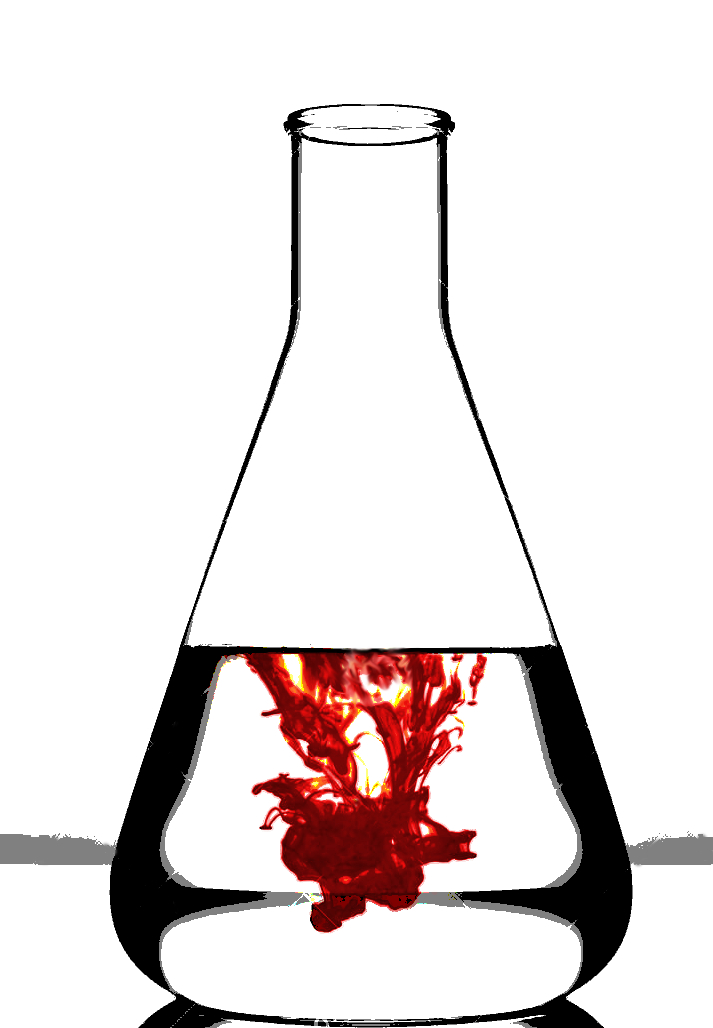'Liquid biopsy' to ease leukaemia
 Australian researchers are working on a less invasive, more precise way to manage blood cancers.
Australian researchers are working on a less invasive, more precise way to manage blood cancers.
The Peter MacCallum Cancer Centre has unveiled a world-first ‘liquid biopsy’ technique to replace painful bone marrow or lymph node biopsies.
The experts say liquid biopsies can be applied in clinical cases of chronic lymphocytic leukaemia and myelodysplastic syndromes.
The test monitors tiny fragments of DNA emitted from cancer cells into the blood stream, called circulating tumour DNA (ctDNA).
Unlike traditional biopsies, ctDNA tests track disease status throughout the body, can be used at any time over the course of cancer treatment, and enable rapid adjustments if a patient relapses or fails to respond to a particular therapy.
The world-first ctDNA test for blood cancers will also help with the availability of new precision medicines and targeted therapies as they are developed.
“Not only does this new test promise clinicians and patients a more timely and accurate understanding of whether a cancer treatment is working, it gives scientists the ability to quickly and effectively evaluate how clinical trial patients are responding to new life-saving therapies,” says Associate Professor Sarah-Jane Dawson.
Professor Mark Dawson says the liquid biopsy also addresses one of the major limitations of the current approach to managing blood cancers.
“We know that a single tissue biopsy from the bone marrow or lymph node does not accurately reflect the composition of the whole tumour as there is significant variation – so called intra-tumour heterogeneity – that exists between the individual cells that make up any cancer,” he said.
“Because cancer cells from all disease sites within the body shed their DNA into the bloodstream, we found that ctDNA collected from a routine blood sample more accurately mirrors the disease across all parts of the body.
“This ctDNA test for blood cancer therefore provides a much more comprehensive picture of how a patient is responding to their treatment,” Professor Dawson said.
Using liquid biopsies could significantly reduce costs to the health system too, with current bone marrow biopsies costing around $2,500 each and requiring patients to stay in hospital for up to six hours each time.
The ctDNA tests will be available to patients within Australia from late 2017 and are expected to become a standard clinical tool in the near future.
A report on the procedure has been published in Nature Communications.







 Print
Print